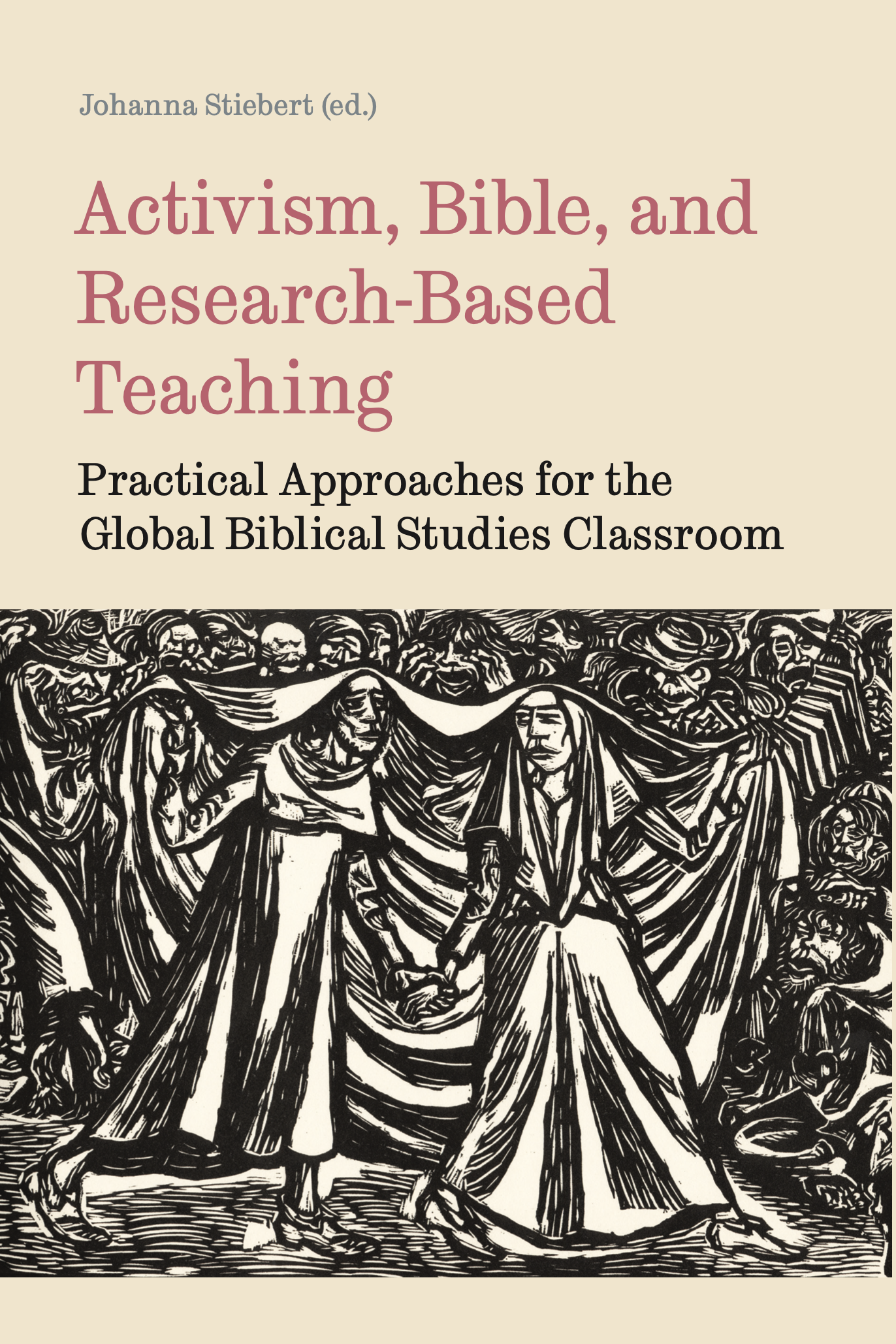Activism, Bible, and Research-Based Teaching: Practical Approaches for the Global Biblical Studies Classroom
Published: May 2024
£75.00
Activism, Bible, and Research-Based Teaching demonstrates how the cross-fertilisation between biblical studies and social justice activism generates creativity that is powerful, empowering, and inspiring. This volume offers diverse and critical insights, as well as hands-on strategies for classroom settings. Shared emphasis on academic rigour and practical application is evident throughout.
Socially engaged biblical scholars—from Aoterora New Zealand, Botswana, Hong Kong, South Africa, Uganda, the UK and the USA—focus on a spectrum of activist causes. Topics include resistance to discrimination on the grounds of HIV/AIDS status, disability, gender identity, sexual orientation, migrant status, and ethnicity, as well as advocacy for environmental protection, equity, and getting out of one's ‘bubble’. Multiple chapters reflect on the impact of the Covid-19 pandemic on tertiary education.
The volume contains an introduction and forewords by Richard Newton (University of Alabama, USA) and Emily Colgan (Trinity Theological College, Aotearoa New Zealand). The 14 chapters include 12 revised contributions previously published in a special issue of the open access Journal of Interdisciplinary Biblical Studies, alongside two new chapters, which were both presented at a Bible and Activism event combining community and academic engagements.
Activism, Bible, and Research-Based Teaching: Practical Approaches for the Global Biblical Studies Classroom
£75.00
Activism, Bible, and Research-Based Teaching demonstrates how the cross-fertilisation between biblical studies and social justice activism generates creativity that is powerful, empowering, and inspiring. This volume offers diverse and critical insights, as well as hands-on strategies for classroom settings. Shared emphasis on academic rigour and practical application is evident throughout.
Socially engaged biblical scholars—from Aoterora New Zealand, Botswana, Hong Kong, South Africa, Uganda, the UK and the USA—focus on a spectrum of activist causes. Topics include resistance to discrimination on the grounds of HIV/AIDS status, disability, gender identity, sexual orientation, migrant status, and ethnicity, as well as advocacy for environmental protection, equity, and getting out of one's ‘bubble’. Multiple chapters reflect on the impact of the Covid-19 pandemic on tertiary education.
The volume contains an introduction and forewords by Richard Newton (University of Alabama, USA) and Emily Colgan (Trinity Theological College, Aotearoa New Zealand). The 14 chapters include 12 revised contributions previously published in a special issue of the open access Journal of Interdisciplinary Biblical Studies, alongside two new chapters, which were both presented at a Bible and Activism event combining community and academic engagements.


Deuteronomy and Environmental Amnesia
Deuteronomy and Environmental Amnesia